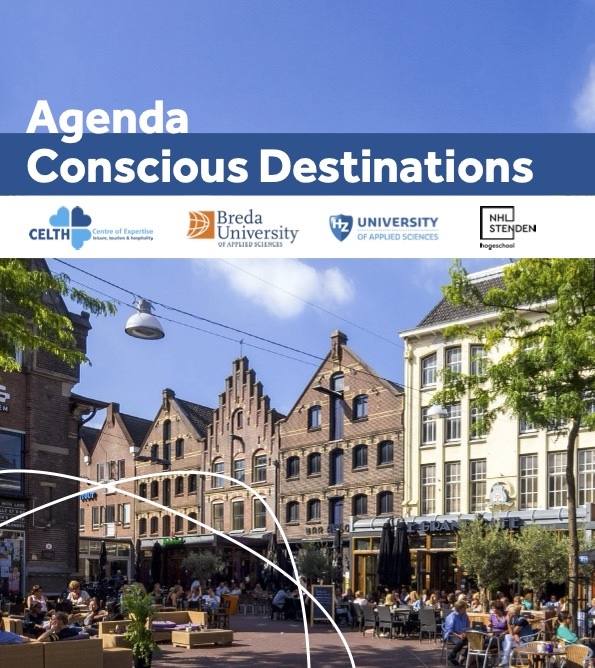Organisational capacity
Knowledge about the way in which all stakeholders - administrators, companies, visitors, residents, and stakeholders - arrive at a balanced policy, implementation, enforcement, and adjustment.
Destination development is an interplay of various actors, the most important of which are the private, public and non-governmental parties, the residents/local communities and the visitors. While some destinations are well able to bring parties and interests together and coordinate cooperation, other destinations see that connections and skills are lacking and some parties are underrepresented. The complexity of destination management, as well as its importance, is increasing: due to the stormy growth of the domain (tourism, recreation, events, festivals, catering) the call for optimisation of the impacts has increased.
Knowledge priorities
- What does the optimal 'destination governance' system look like at destination level and how can a roadmap be realised with which parties can gradually build organisational capacity?
- Which set of policy instruments 'that work' can a government use to direct (degree of) development, both in quantity and quality at destination level, in order to achieve a Conscious Destination?
- How can parties that were previously not sufficiently represented, especially among (certain groups of) residents, be actively and effectively involved?
- How can the domain position itself well in relation to other sectors and social challenges?
More information
This theme is part of the Conscious Destinations Agenda. This knowledge agenda serves as a guide for CELTH's knowledge and education partners to develop new relevant knowledge and skills for the hospitality domain. This is urgently needed because the domain faces a major transition challenge.




